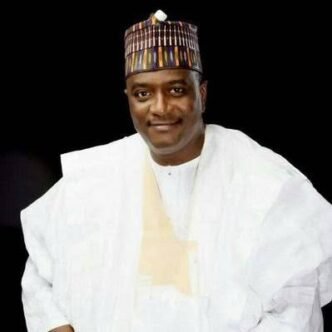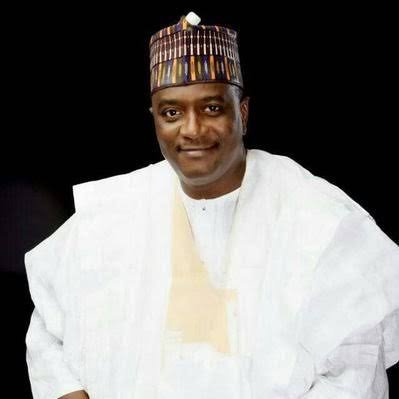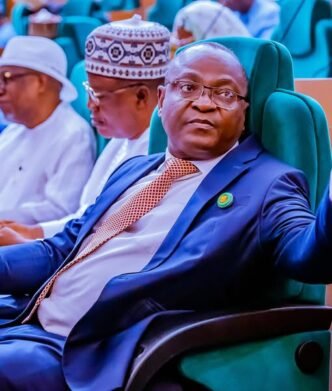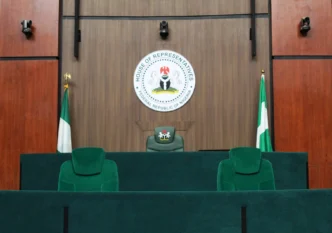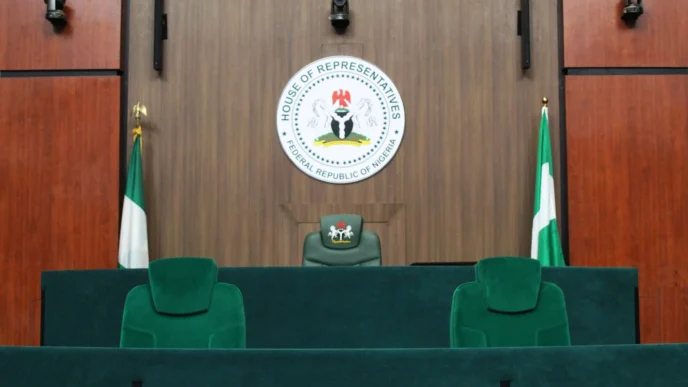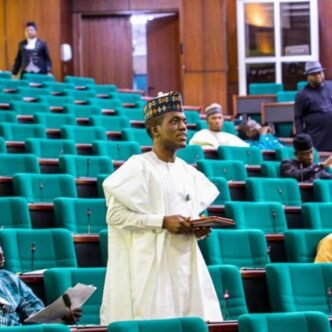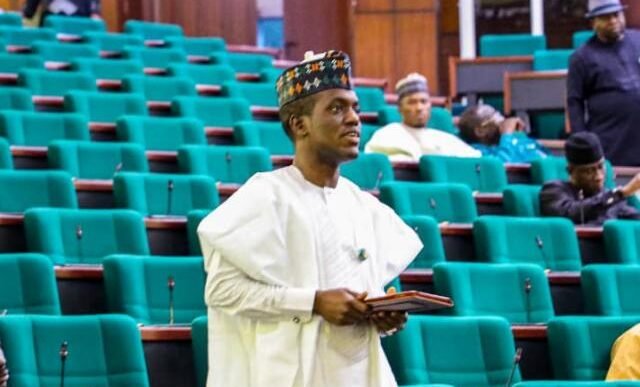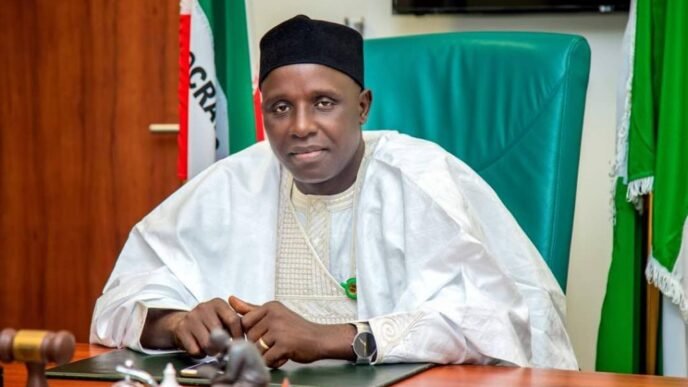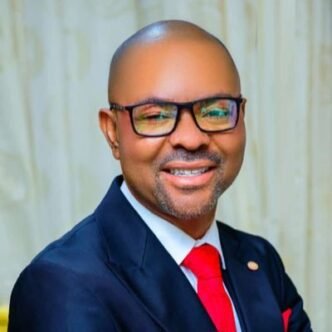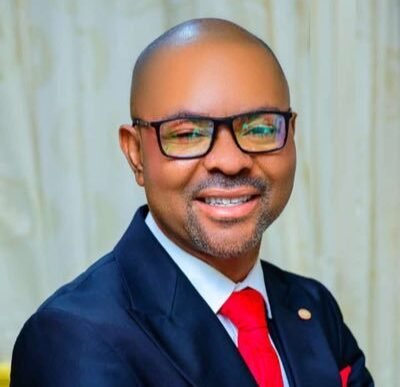HB. 1219 – A BILL FOR AN ACT TO ALTER THE CONSTITUTION OF THE FEDERAL REPUBLIC OF NIGERIA 1999 CAP C23 LAWS OF THE FEDERATION OF NIGERIA 2004, TO ESTABLISH AND EMPOWER THE ELECTORAL OFFENCES COMMISSION TO PROVIDE FOR THE INVESTIGATION, PROSECUTION OF ELECTORAL OFFENCES; AND FOR RELATED MATTERS. Sponsored by Hon. Aminu Jamo Daura. Bill Progress: Committee Stage.
This Bill seeks to alter Section 84 and 153 of the Constitution to establish the Electoral Offences Commission (EOC) and empower it to investigate and prosecute electoral offences in Nigeria. This Electoral Offences Commission (EOC) will investigate and prosecute all pre-election, election-day and post-election crimes.
The passage of HB. 1219 in the Nigerian House of Representatives marks a significant step towards addressing the longstanding issue of electoral offenses in the country’s democratic processes. Titled “A Bill for an Act to Alter the Constitution of the Federal Republic of Nigeria 1999 CAP C23 Laws of the Federation of Nigeria 2004, to Establish and Empower the Electoral Offences Commission to Provide for the Investigation, Prosecution of Electoral Offences; and for Related Matters,” this bill proposes the establishment of the National Electoral Offences Commission (NEOC), an independent body with the specific mandate of tackling electoral malpractices.
In Nigeria, the Independent National Electoral Commission (INEC) has traditionally been responsible for overseeing elections, including the investigation and prosecution of electoral offenses. However, the dual responsibility of conducting elections and handling prosecution has often created challenges. Critics argue that this dual role can lead to conflicts of interest, and, as a result, many electoral offenses go unpunished. The introduction of the NEOC aims to streamline this process by creating a specialized agency solely focused on electoral integrity.
One of the most compelling aspects of the proposed NEOC is its comprehensive approach to electoral offenses. As outlined in the bill, the commission will be responsible for a wide variety of infractions that undermine the electoral process. These offenses range from false statements made to INEC, forgery of election-related documents, and unauthorized movement of electoral materials, to more severe violations such as undue influence, bribery, and the dissemination of false statements about candidates. The explicit definition of these offenses aims to create a clearer legal framework within which the NEOC can operate, ensuring that individuals or groups who engage in electoral misbehavior will face appropriate repercussions.
Moreover, the bill specifies a range of penalties for those found guilty of various electoral offenses. These penalties can range from financial fines to imprisonment, with the most serious offenses subject to significant prison sentences. By establishing clear penalties, the bill seeks not only to punish wrongdoing but also to deter potential electoral malpractices. The presence of such deterrents may foster a more transparent and trustworthy electoral process, encouraging greater public confidence in democratic institutions.
The independence of the NEOC is another key selling point of the bill. Designed as an independent corporate body with perpetual succession, the NEOC will have the authority to sue and be sued in its own name, which is crucial for its operational autonomy. This independence is intended to shield the commission from political interference and to empower it to carry out its mandate without fear or favor. By ensuring that the NEOC is insulated from external pressures, the bill aims to bolster the integrity of electoral processes in Nigeria.
As of July 2025, HB. 1219 has successfully passed its Second Reading in the House of Representatives, indicating that the general principles of the bill have gained approval from lawmakers. Following this stage, it has likely been referred to a committee for further examination and public input. The legislative process in Nigeria demands several steps for a bill to be enacted as law, including detailed committee reviews, a potential third reading, and ultimately, presidential assent. The progress of HB. 1219 will be closely watched by citizens and activists, eager to see whether it will ultimately be ratified and implemented.
The introduction of the NEOC is particularly timely given the increasing scrutiny on electoral integrity both within Nigeria and across the globe. In recent years, there have been numerous instances of electoral irregularities reported in various elections across the country, leading to claims of manipulation and fraud. The establishment of a dedicated commission to address these offenses demonstrates a commitment to reforming the electoral landscape and ensuring that Nigeria’s democratic processes are fair and credible.
Localized efforts to tackle electoral offenses have had varied levels of success in Nigeria, often hindered by bureaucratic challenges and a lack of resources. By centralizing the responsibility for investigating and prosecuting electoral fraud in a single entity, the NEOC may improve efficiency and effectiveness in dealing with these issues.
Public engagement will be essential to the success of the NEOC. As the bill moves through various legislative stages, it will be important for stakeholders, including civil society organizations, political parties, and the general public, to actively participate in discussions around the commission’s functions and operational guidelines. Fostering a partnership between the NEOC and a vigilant citizenry will be crucial for ensuring that electoral offenses are effectively monitored and prosecuted.
In conclusion, HB. 1219 presents an opportunity for Nigeria to enhance its democratic integrity by addressing electoral offenses through the establishment of the National Electoral Offences Commission. By creating a dedicated body with a clear mandate, robust penalties, and independence from political influence, the bill aims to lay a stronger foundation for electoral integrity in Nigeria. The ongoing legislative journey of HB. 1219 will be a significant marker of the country’s commitment to reforming its electoral processes and upholding the principles of democracy. The monitoring of its progress will be important, as successful implementation could ultimately lead to a more transparent and legitimate electoral system for all Nigerians.
